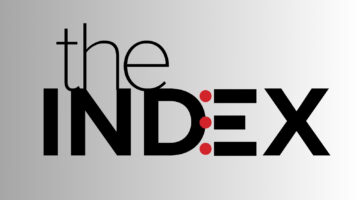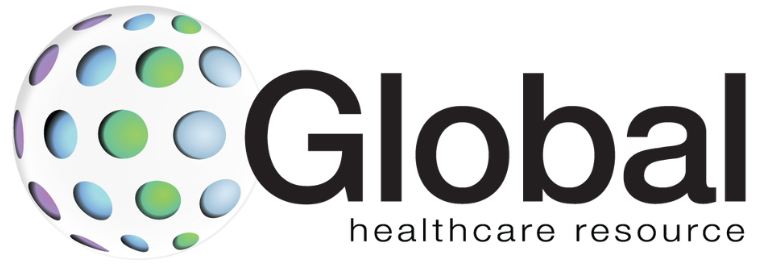
For some people, diet and exercise aren’t enough to keep cholesterol in check. In rare cases, high cholesterol levels are genetic. Regeneron Pharmaceuticals now has FDA approval for a drug to treat patients who have the rarest form of this condition.
The FDA on Thursday approved the Regeneron drug, evinacumab, as an addition to other cholesterol-lowering therapies in adults as well as children older than 12 who have the disorder, called homozygous familial hypercholesterolemia.

Consultants: Help Define What’s Next In Healthcare Benefits
Help shape the future of healthcare benefits by sharing your insights.
There are two types of familial hypercholesterolemia (FH), both caused by a genetic mutation that makes it difficult for a patient to clear cholesterol from the body. Cholesterol builds up in arteries, which can lead to heart attacks and strokes.
In the more common heterozygous form, the disorder is caused by inheriting one mutated FH gene. The rarer homozygous form is caused by inheriting two of these genes, one from each parent. This form doesn’t respond well to therapy and can lead to cardiovascular problems starting in childhood, according to the nonprofit FH Foundation. It affects an estimated 1,300 patients in the U.S.
Evinacuamb, which is given as an intravenous infusion, will be marketed under the name Evkeeza. The Regeneron drug is an antibody designed to bind to and block angiopoietin-like 3, a protein key to lipid metabolism. The Tarrytown, New York -based company’s drug is the first FDA-approved therapy that works in this manner.
The FDA based its decision on the results of a Phase 2 study in which 65 patients were randomly assigned to receive either the Regeneron drug plus other lipid-lowering therapies, or lipid-lowering therapies alone. Patients in the treatment group saw their cholesterol levels reduced by an average of 49% after 24 weeks compared to a 2% decrease in the control group.
Investigators also reported comparable cholesterol level reductions in the most difficult-to-treat patients who usually don’t respond to other therapies due to limited function of the LDL receptors that enable cholesterol to enter cells. Full study results were published last August in the New England Journal of Medicine.
The most common adverse reactions reported from the study were cold symptoms, flu-like illness, dizziness, runny nose, nausea, pain in the extremities, and a lack of energy.
Evkeeza joins a Regeneron portfolio that includes Praluent, a cholesterol-lowering drug that works by blocking a protein called PCSK9. The FDA approved Praluent in 2015 as a treatment for heterozygous FH, the more common form of FH. The approval also included patients who have cardiovascular disease and require additional lowering of their cholesterol levels. In the nine months ended Sept. 30, 2020, Regeneron reported $257.9 million in Praluent sales, a 24% increase compared to the same period in 2019.
Amgen also has a PCSK9-blocking drug, an infusion marketed as Repatha. That drug is approved for both forms of FH. Much of the progress in FH drug development has been for the heterozygous form. Esperion Therapeutics markets two products for heterozygous FH. Nexletol, which blocks the synthesis of cholesterol in the liver, and Nexlizet, which blocks cholesterol absorption in the intestines, were approved days apart nearly a year ago. Novartis is seeking FDA approval for its heterozygous FH treatment, an injectable drug called inclisiran. That drug works by a different mechanism called RNA interference. Late last year, the FDA rejected the pharma giant’s application, citing unresolved manufacturing facility inspection issues.
The monthly dose of the Regeneron drug will depend on a patient’s weight. The company said it expects that the average wholesale price, before any discounts or rebates, will be about $450,000 per year, or $37,500 per month.
Photo: hudiemm, Getty Images








